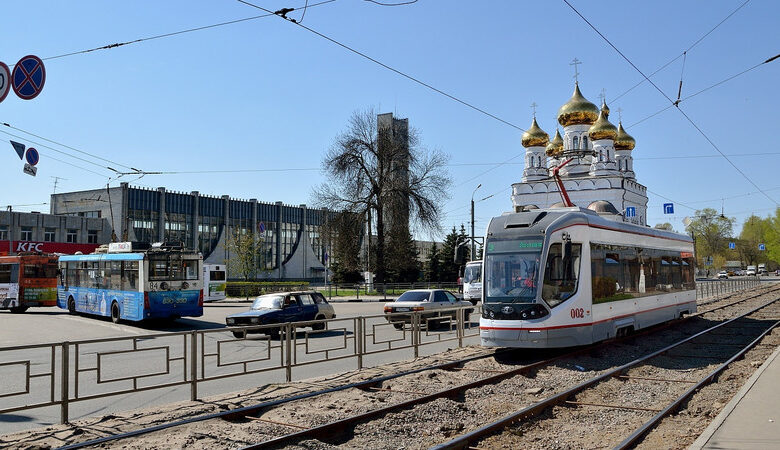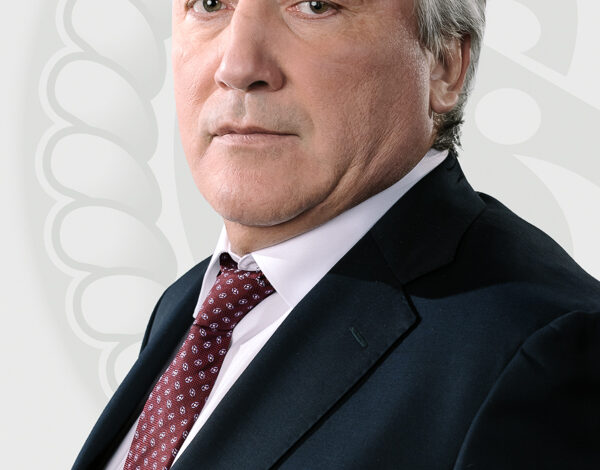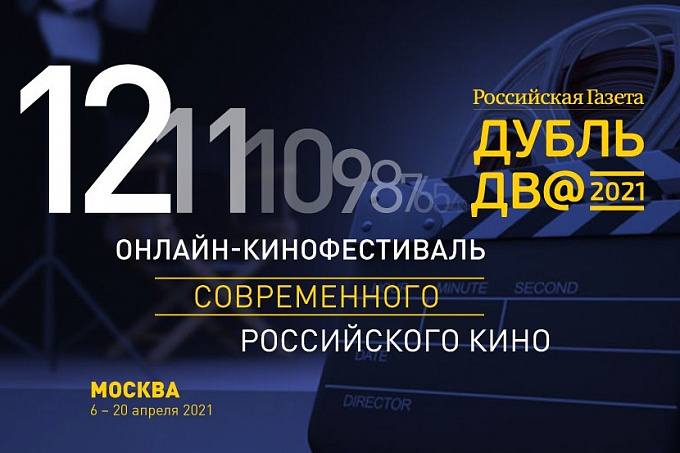The government intends to temporarily free the Russians from deposits tax. Earlier, bankers warned that due to the sharp growth of the Central Bank and the profitability of deposits to a new tax, up to 10 million Russians could fall
The government proposed to abolish income tax from deposits for two years
The government intends to temporarily free the Russians from deposits tax. Earlier, bankers warned that due to the sharp growth of the Central Bank and the profitability of deposits to a new tax, up to 10 million Russians could fall
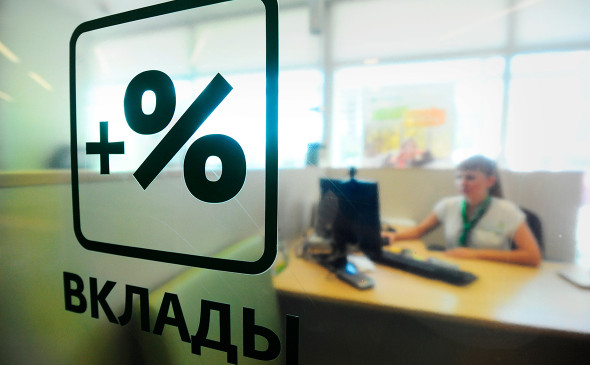
The government intends to exempt citizens from paying income tax (personal income tax) from interest on bank deposits, Prime Minister Mikhail Mishustin said at a Cabinet meeting. The collection will not be charged from the income of depositors for this and last year. This tax has never been going to: for 2021, the Russians had to pay it until December 1, 2022.

Introducing the personal income tax on large deposits for Russians in March 2020 was proposed by Vladimir Putin. The President then said that income from deposits in the amount of 1 million rubles will be taxed in 13%. Subsequently, the calculation mechanism has changed: the tax is levied regardless of the amount of savings of a citizen in the accounts if the received interest income is larger than the threshold value depending on the key rate of the Central Bank. For 2021, this is 42.5 thousand rubles, for 2022 – 85 thousand rubles.
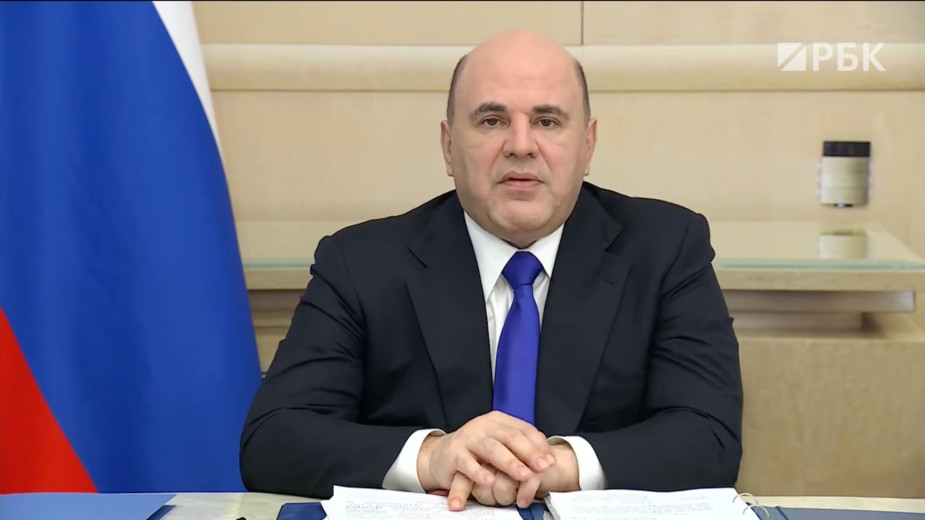
“After raising the key rate, credit organizations significantly increased interest on deposits, well, it means that income on them will increase, as well as the amount of tax that had to be paid this year,” Mishustin said. He emphasized that the cancellation of the collection for 2021 and 2022 will allow citizens to support and help preserve savings, which is especially important in the current situation.
On February 21, Russia recognized the independence of the Donetsk and Lugansk People's Republics, and on February 24, President Vladimir Putin announced the beginning of the Russian military operation in Ukraine. The authorities of the United States, the European Union, Great Britain and other countries imposed sanctions of varying degrees of stiffness against large Russian banks-Sberbank, VTB, “Discoveries”, Alfa-Bank, Sukombank, and then against the currency reserves of the Central Bank. To maintain financial stability, the Bank of Russia on February 28 sharply raised the key rate to 20%. The head of the Central Bank explained the decision, including by the fact that credit organizations have encountered customers in cash and growth in the economy to restrain the outflow with increased demand for cash and growth.
How non -residents can be delivered from Russian shares and what will happen to the market
Why CNN+ closed and what will happen to other streaming services

Taxi king or search engine: what the future of Yandex is seen

I listen, but I don’t hear: why it is difficult for managers to give feedback

How new technologies were stolen by Starbucks charisma
Humanly, but with the calculation: how to sell in a crisis and do not burn out

Be unemployed: from whom and what benefits can you get

There is no way out: how to legally carry out a reduction
How and why the Russians will receive tax breaks
The Association of Banks of Russia (ADB) estimated that a sharp rise in the yields of savings products would expand the circle of payers of the new tax to 10 million people. The fee, according to ADB estimates, would have to be paid by those who keep more than 400 thousand rubles in bank accounts and deposits. According to RBC's calculations, the tax could arise with the amount of savings from 470 thousand rubles.
Initially, bankers advocated a change in the method of calculating the fee. But already on March 5, in a letter to the Central Bank and the government, they proposed to completely abolish personal income tax on interest income on deposits, so that in a difficult economic situation, not to waste efforts on its administration, ADB Vice President Alexei Voylukov explained to RBC. According to him, the bankers proposed to abolish the deposit tax indefinitely.
Earlier, Voylukov told RBC that market participants were in favor of tax breaks so that in the current conditions the fee would not come as a surprise to depositors. “Raising the Central Bank rate allowed banks to significantly increase the profitability of deposits and accounts, precisely in order to attract customers back, to calm them down. Therefore, banks now offer such rates for a short period of time – about three months. There is a risk of soon getting the opposite negative effect: people will put money on a deposit at a high rate, and then, unexpectedly for themselves, they will fall under the tax, ”explained the vice president of the ARB.
“The measure [of the government] is aimed at stimulating the population to open and prolong deposits, to return the funds of depositors to the system. However, it is unlikely that it will have a significant impact on the growth in the popularity of deposits,” says Yegor Lopatin, deputy director of the financial institutions rating group of the NKR agency. By itself, the abolition of personal income tax will only lead to a slight increase in the final profitability of bank savings products, he explains.
“A very likely increase in inflation leads to a decrease in purchasing power and funds on deposits. Depositors are not getting richer, but they are starting to pay tax,” Valery Piven, head of the financial institutions rating group at ACRA, explains the need to abolish the new tax. According to him, the main factor in the placement of household funds in banks now are high interest rates, and their level is already sufficient to contain the outflow of funds. “In the future, much will depend on how changes in income and prices will affect the propensity of the population to save,” the expert argues about the prospect of abolishing the tax on deposits not for two years, but indefinitely.
The amount of tax on deposits depends on the interest income received on all available accounts and deposits of a citizen (in rubles, the rate should be higher than 1% per annum). Banks do not have information about what other savings products their client has opened in other credit institutions.Until February 1, 2021, market participants had to collect information about the depositors and the interest income received by them and submit to the Federal Tax Service (Federal Tax Service). The representative of the department explained to RBC that the taxation campaign is planned at the end of spring – summer, and the sending of notifications to citizens will begin this fall. The Federal Tax Service did not disclose either the forecast for the fees, or the possible number of payers of this tax.

As follows from the explanatory note by the Ministry of Finance to the draft budget for 2022–2024, this year, due to the tax on deposits, the state hoped to receive 108.3 billion rubles from citizens. In 2023-111, 5 billion rubles, and in 2024-114.9 billion rubles. The total fees of personal income tax from all income of Russians in 2021 reached almost 4.9 trillion rubles.

